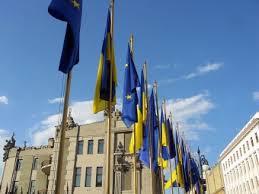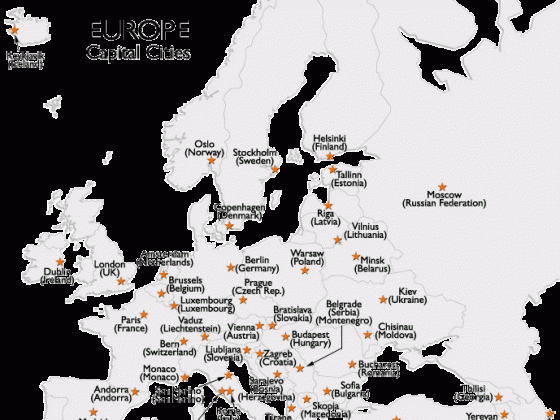(Foreign Policy) (By Maria Popova and Oxana Shevel) If it survives the current crisis in one piece, Kiev will have a new lease on its democratic future. Ukraine's territorial integrity currently hangs in the balance. With Russian troops occupying Crimea and a referendum on secession scheduled for March 16, the former Soviet republic may not emerge from the current crisis territorially intact. If it does, however, Ukraine will have a new lease on its democratic future. In its 23 years of independence, Ukraine has struggled with both state- and nation-building. Regional cleavages — between the predominantly Russian-speaking east and predominantly Ukrainian-speaking west — have made for an often dysfunctional and polarized political process. Paradoxically, the current crisis has gone a long way toward bridging these divides, with ousted President Viktor Yanukovych's fierce repression, and now Putin's incursion into Crimea, uniting Ukrainians from across the country in support of the rule of law and civil and political rights. This, in turn, has opened up a new window of opportunity for democracy-building.
This window of opportunity, however, has been largely obscured by a misreading of the origins of the crisis. Ukraine did not end up in the current mess, as many have suggested, because the western and central parts of the country refused to be governed by a democratically-elected president with a support base in the east. The western part of the country already had a turn at governing the country, from 2005 to 2010, with Viktor Yushchenko as president and Yulia Tymoshenko as the prime minister. When Tymoshenko lost a free and fair election to Yanukovych in 2010, the transition of power was smooth. In 2012, despite growing concerns over the president's authoritarian methods and the chipping away of the main democratic achievements of the post-Orange Revolution period, the opposition participated in parliamentary elections and accepted the victory of Yanukovych's Party of Regions. The opposition in the center and west of the country did not attempt to use civil unrest to constrain the president's ability to govern. There were two policy-motivated protests — over taxes in 2010 and over language policies in 2012 — but both ended quickly and peacefully. […]
See the full article © Foreign Policy











